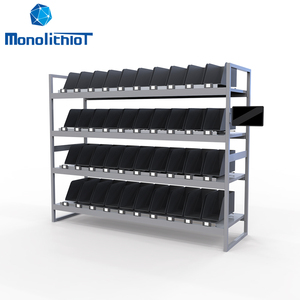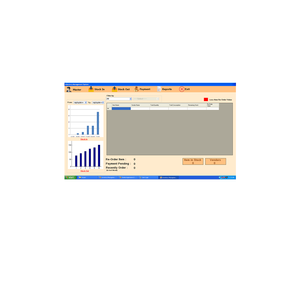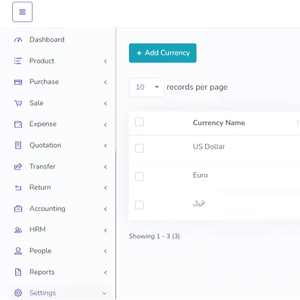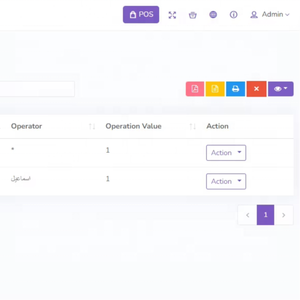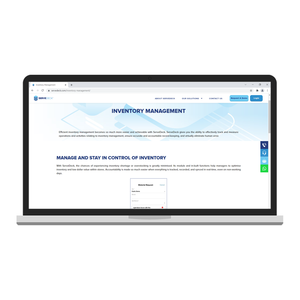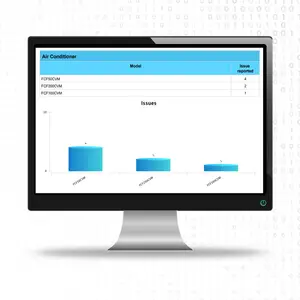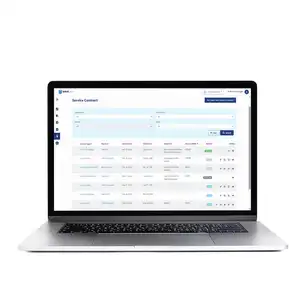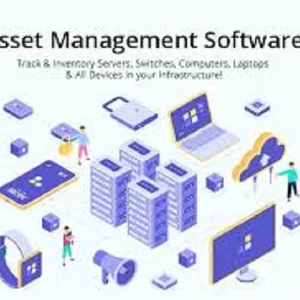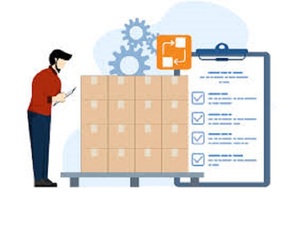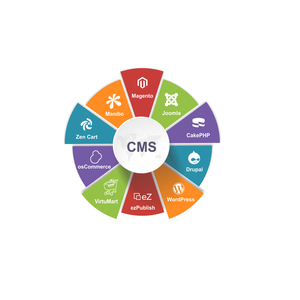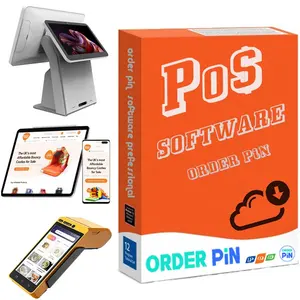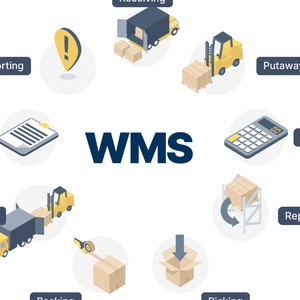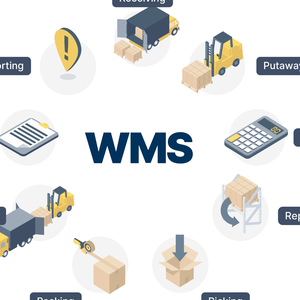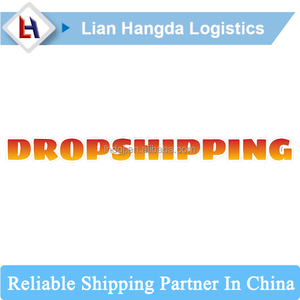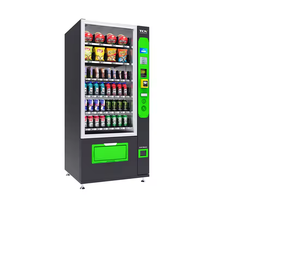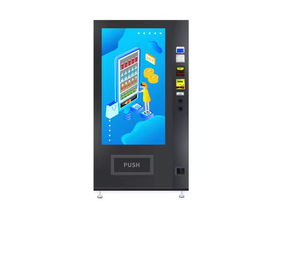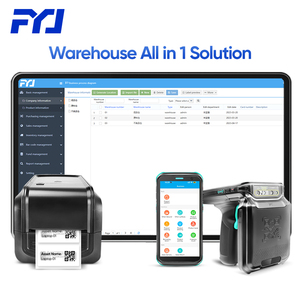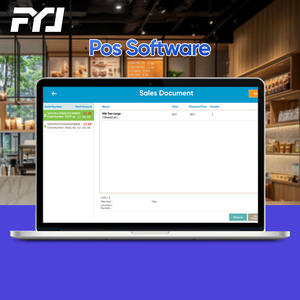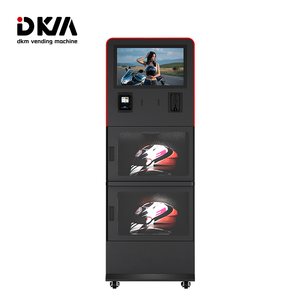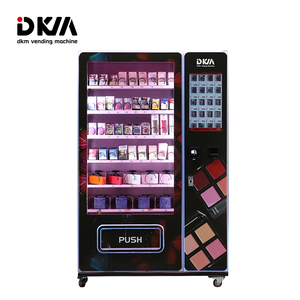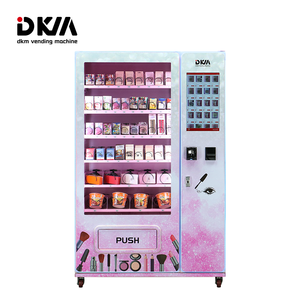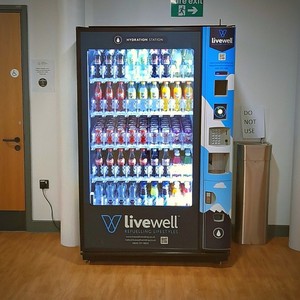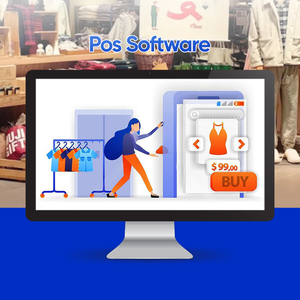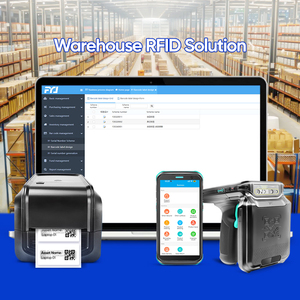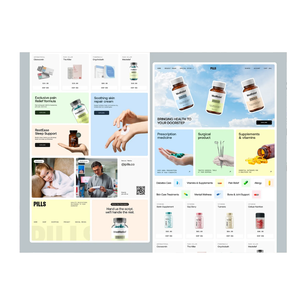Vendor Managed Inventory Examples





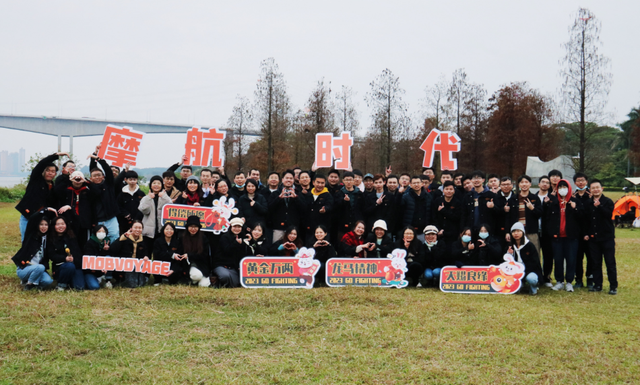












 CN
CN



















About vendor managed inventory examples
Where to Find Vendor Managed Inventory Solution Providers?
The global vendor managed inventory (VMI) solutions market is increasingly concentrated among specialized software developers and integrated IoT system providers, primarily based in China and India. These regions host a growing number of technology firms offering cloud-based inventory platforms, IoT-enabled tracking systems, and end-to-end supply chain automation tools tailored for healthcare, manufacturing, and retail sectors. China’s integration of industrial IoT with warehousing infrastructure has enabled scalable smart inventory ecosystems, particularly in Jiangsu and Guangdong provinces. India’s software development hubs, especially in Telangana and Karnataka, support cost-efficient delivery of customizable VMI platforms with strong API interoperability.
Suppliers leverage vertically integrated tech stacks—combining sensor networks, real-time data analytics, and automated replenishment logic—to deliver turnkey VMI systems. Buyers benefit from mature digital infrastructures where software modules, hardware integration, and cloud hosting are offered under unified service agreements. Key advantages include reduced stockout rates (reported improvements up to 40%), lead time compression through predictive restocking, and compatibility with ERP systems such as SAP and Oracle. Typical deployment cycles range from 4–8 weeks depending on integration complexity.
How to Choose Vendor Managed Inventory Suppliers?
Evaluate potential partners using the following criteria to ensure operational reliability and technical robustness:
Technical Capability Verification
Confirm that suppliers offer demonstrable expertise in cloud architecture (AWS/Azure/GCP), real-time database synchronization, and secure API gateways. For IoT-integrated systems, validate use of LPWAN or LoRa protocols for low-power asset tracking. Prioritize vendors providing proof of system uptime (>99.5%) and data encryption standards (e.g., AES-256).
Development & Deployment Capacity
Assess supplier infrastructure based on the following benchmarks:
- Minimum team size of 10+ developers/engineers for sustained R&D output
- Proven deployment history across multiple industries (healthcare, factory logistics, retail)
- Support for multi-tenant SaaS models or on-premise installation options
Cross-reference response times (target ≤2 hours) and online revenue performance as indicators of service scalability and customer demand.
Transaction and Integration Safeguards
Require milestone-based payment structures tied to system testing phases. Utilize escrow services for initial deployments until UAT (User Acceptance Testing) sign-off. Insist on detailed documentation including source code access (if applicable), SLA terms, and post-deployment support duration. Conduct sandbox trials to verify barcode/RFID scanning accuracy, reorder trigger logic, and reporting dashboard functionality before full rollout.
What Are the Leading Vendor Managed Inventory Solution Providers?
| Company Name | Specialization | Main Products | Min. Order Value | On-Time Delivery | Avg. Response | Reorder Rate | Online Revenue |
|---|---|---|---|---|---|---|---|
| Monolith Electric (Changzhou) Co., Ltd. | IoT-Enabled Physical Systems | Automated Warehousing, Surgical Consumables Tracking, Factory VMI Hardware | $3,000/set | 90% | ≤5h | <15% | $80,000+ |
| KAEM SOFTWARES PRIVATE LIMITED | Inventory & POS Software | Cloud Inventory Management, Retail POS with Stock Control | $95/unit | - | ≤2h | - | $8,000+ |
| SERVEDECK INNOVATION SDN. BHD. | Digital Contract & Vendor Management | Vendor Contract Software, Supplier Service Agreements | $10–20/unit (5-unit MOQ) | - | ≤1h | - | - |
| Wise Hustlers Web & Mobile App Development Company | Enterprise Asset & Order Management | Inventory Apps, POS for Retail, Order Tracking Platforms | $10–20/piece (2-piece MOQ) | - | ≤2h | - | - |
| HINDUSTANSOFT CORPORATION | Inventory Management Systems | Custom VMI Software, Content Management Services | $400/unit | - | ≤1h | - | - |
Performance Analysis
Monolith Electric stands out with high transaction volume ($80K+ online revenue) and physical system integration capabilities, suitable for industrial clients requiring IoT-enabled cabinets and automated restocking alerts. Its 90% on-time delivery rate reflects established logistics execution, though reorder rate remains below 15%, suggesting room for customer retention improvement. Indian software vendors—including KAEM SOFTWARES, SERVEDECK, and HINDUSTANSOFT—demonstrate superior responsiveness (≤2h average), indicating strong client engagement capacity. SERVEDECK leads in speed with sub-one-hour response times, ideal for time-sensitive procurement workflows. Pricing stratification reveals a clear segment divide: entry-level software licenses start at $10–20 per unit (MOQ 5), while fully customized enterprise-grade systems begin at $400–$7,500 per set, reflecting scope variance from basic POS add-ons to full factory-scale VMI deployments.
FAQs
How to verify vendor managed inventory supplier reliability?
Validate technical claims through live demos or sandbox environments. Request case studies showing measurable outcomes such as inventory turnover ratio improvements or reduction in manual counting labor. Review third-party feedback focusing on system stability, update frequency, and support responsiveness.
What is the typical implementation timeline for a VMI system?
Standard software-only implementations take 2–4 weeks, including configuration and staff training. IoT-integrated systems with hardware installation require 6–10 weeks due to site assessment, device calibration, and network setup. Allow additional time for data migration from legacy systems.
Can VMI solutions integrate with existing ERP or accounting platforms?
Yes, most modern VMI systems support integration with major ERPs via RESTful APIs. Common integrations include QuickBooks, Zoho Inventory, SAP Business One, and Microsoft Dynamics. Confirm middleware requirements and test data sync accuracy during pilot phases.
Do suppliers offer free trials or limited-feature versions?
Many software-focused vendors provide free trial periods ranging from 14 to 30 days. Some offer tiered pricing with feature-limited freemium models. Hardware-inclusive systems typically do not offer free trials but may allow remote demo access and reference site visits.
How to negotiate customization within budget constraints?
Start with modular configurations—select core features first (e.g., auto-reorder triggers, barcode scanning), then phase in advanced functions (predictive analytics, multi-location syncing). Leverage competitive quotes from multiple suppliers to benchmark pricing. Consider open-source-compatible platforms to reduce long-term licensing costs.




